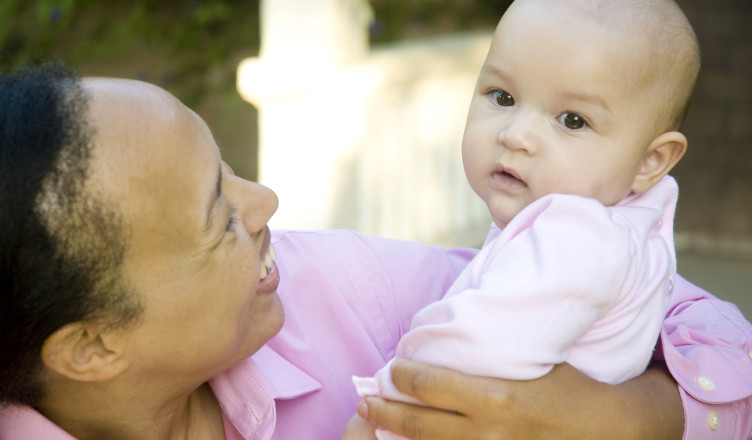Every baby born into the world represents another chance to improve upon the past and feel hopeful about the future. But it takes years of work from a patient, strong-willed and dedicated parent to help a baby become a healthy child. You can be that parent for thousands of babies across the state. Fostering babies is an important and immediately impactful way to make sure all children have a chance to become their best selves.
Fostering Babies: Invest in the Future
Babies are impressionable. They learn through observation and mimicry – it’s nature’s way of ensuring that they can communicate and cooperate with the people and environment around them. So it’s easy to see why a strong role model is important from the very start. Every moment that you spend cradling, coddling and comforting your foster baby is a step towards ensuring that he has enough warmth in his heart to build strong, lasting bonds with those around him. Caring for your foster baby will help him know down the road that compassion is valuable and will help him feel like an important piece of your family and the larger community. Simply being there to care for your foster baby can help him avoid the feelings of isolation that so many children without loving homes are forced to endure throughout childhood.
Fostering Babies: Find Out if Parenting is Right for You
Fostering babies is not only a wonderful way to invest in the future of the community and bolster opportunity for children in need, it’s one way to find out if parenting is right for you. Many foster baby placements are short-term and happen while biological families sort out the issues that prevent them from providing their child with proper care. The level of commitment required to foster a baby is high – he will require constant attention and care – but the length of commitment can be short. If you’re considering having a child of your own or wondering whether foster care or adoption is right for you, fostering babies is a good way to find out.
Even more so than older foster children, foster babies are completely dependent on their parents for their most basic needs. Sadly, many foster babies are born drug-addicted or with developmental disorders that require even closer and more in-depth attention and care than usual. Of course, these babies need and deserve a loving home just like any other. FAFS offers training courses to help foster parents understand and cope with the hardships that babies with addictions and developmental issues suffer.
Fostering Babies: Commitment is Key
Even while fostering babies without addictions or developmental setbacks, you must be prepared to attend to their needs nearly every moment of the day and night. Feeding, clothing, and making sure your foster baby stays healthy, happy and clean is a round-the-clock effort. If you are unable to devote that amount of time each day, be sure that you are comfortable working with a babysitter or other care provider. The state Department of Child Protection and Permanency (DCP&P) has a policy that determines when and how secondary child care can be used for foster children. Be sure to read it before opening your home to a foster baby.
For babies, starting off on the right foot is a matter of chance – it all depends on the circumstances of the family they’re born into. Some come into the world with loving parents ready to take them home, while others reach out for love and come up empty. Fostering babies is one way to give them the opportunity that all children deserve – growing and learning in a warm, caring home.

